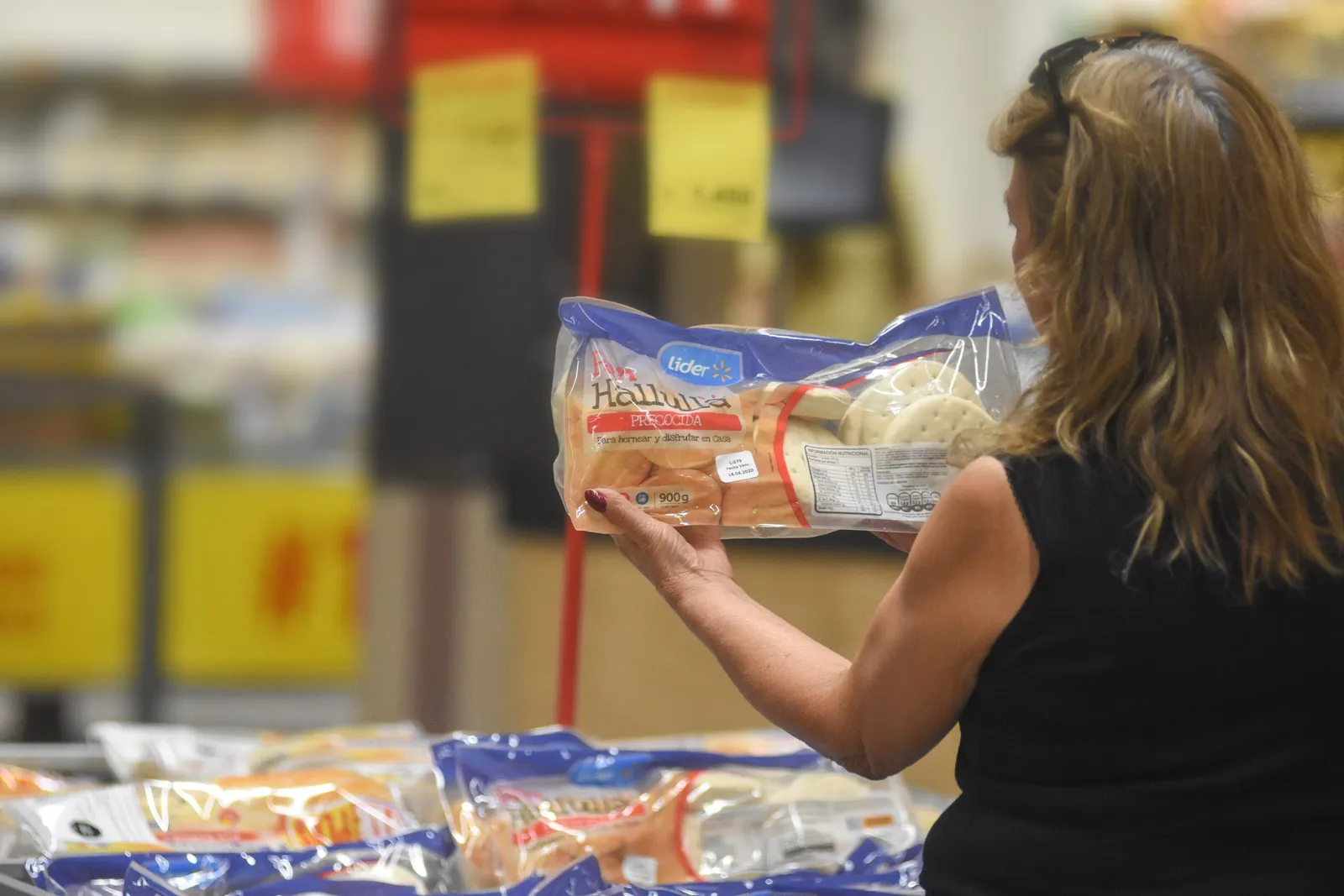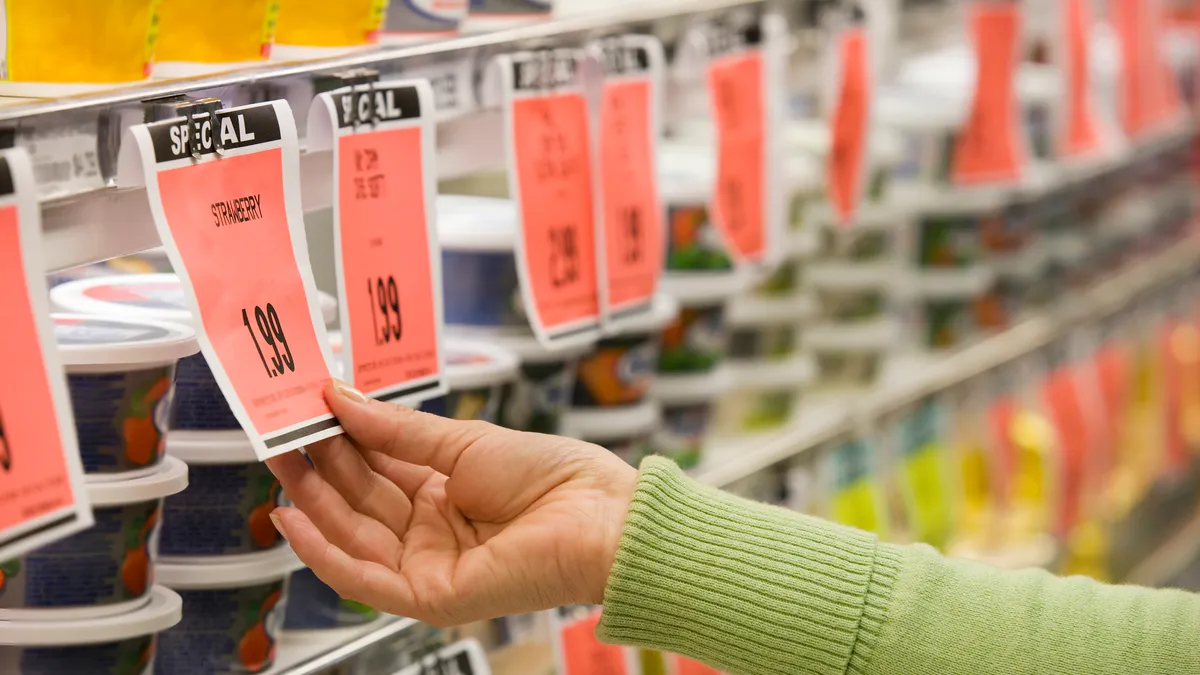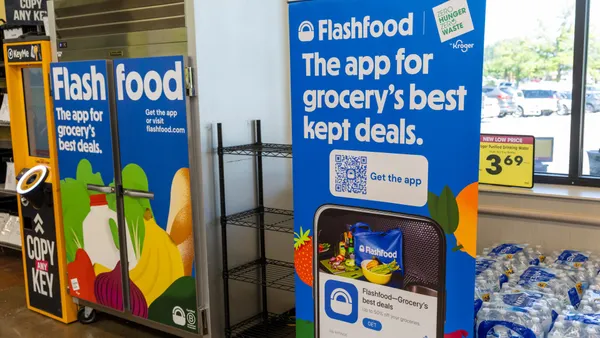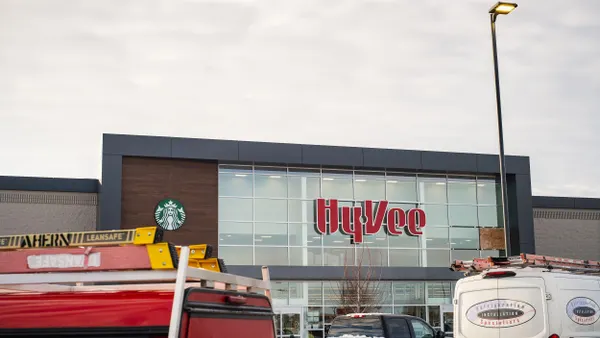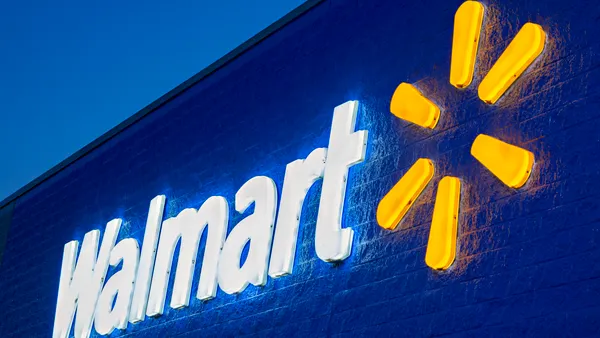Aisles Abroad is a regular feature that examines notable grocery initiatives outside the U.S.
Addressing consumer concerns about prices is an ongoing issue for grocers across the world.
Even as the rate of grocery inflation continues to slow in U.S., shoppers have yet to shift their attention away from food prices, with some turning to discount grocers and mass retailers to stretch their budgets. Similarly, food-at-home inflation is cooling in the U.K., yet customers there are flocking to discount grocer Aldi.
Here’s a look at how some grocers around the world have rolled out new initiatives, marketing campaigns and savings recently to attract and keep price-sensitive customers.
Family meal for a deal
Earlier this month, African food retailer Shoprite announced it partnered with a small local supplier to offer a meal that feeds a family of four for about 20 South African rand ($1). The one-pot meal, which is available at select Shoprite stores under the grocer’s Homegrown private brand, includes noodles, soya chunks, spices and dehydrated vegetables in three different flavors: steak and chops; jalapeno and cheese; and roast chicken and vegetables.
The tie-up comes as “the cost-of-living crisis intensifies,” Shoprite said in the announcement, noting that the meal costs less than 5 rand a head for four people. It’s an example of how grocers can combine their store brand programs with a supplier partner to create an exclusive, low-cost offering.
Shoprite, which operates more than 3,300 stores across 10 countries and focuses on being a low-cost leader in South Africa, said that it has ramped up its efforts to help customers battle price increases and stretch their dollars, noting that it continues to sell a loaf of bread, a pack of sanitary pads and a selection of deli meals all for 5 rand
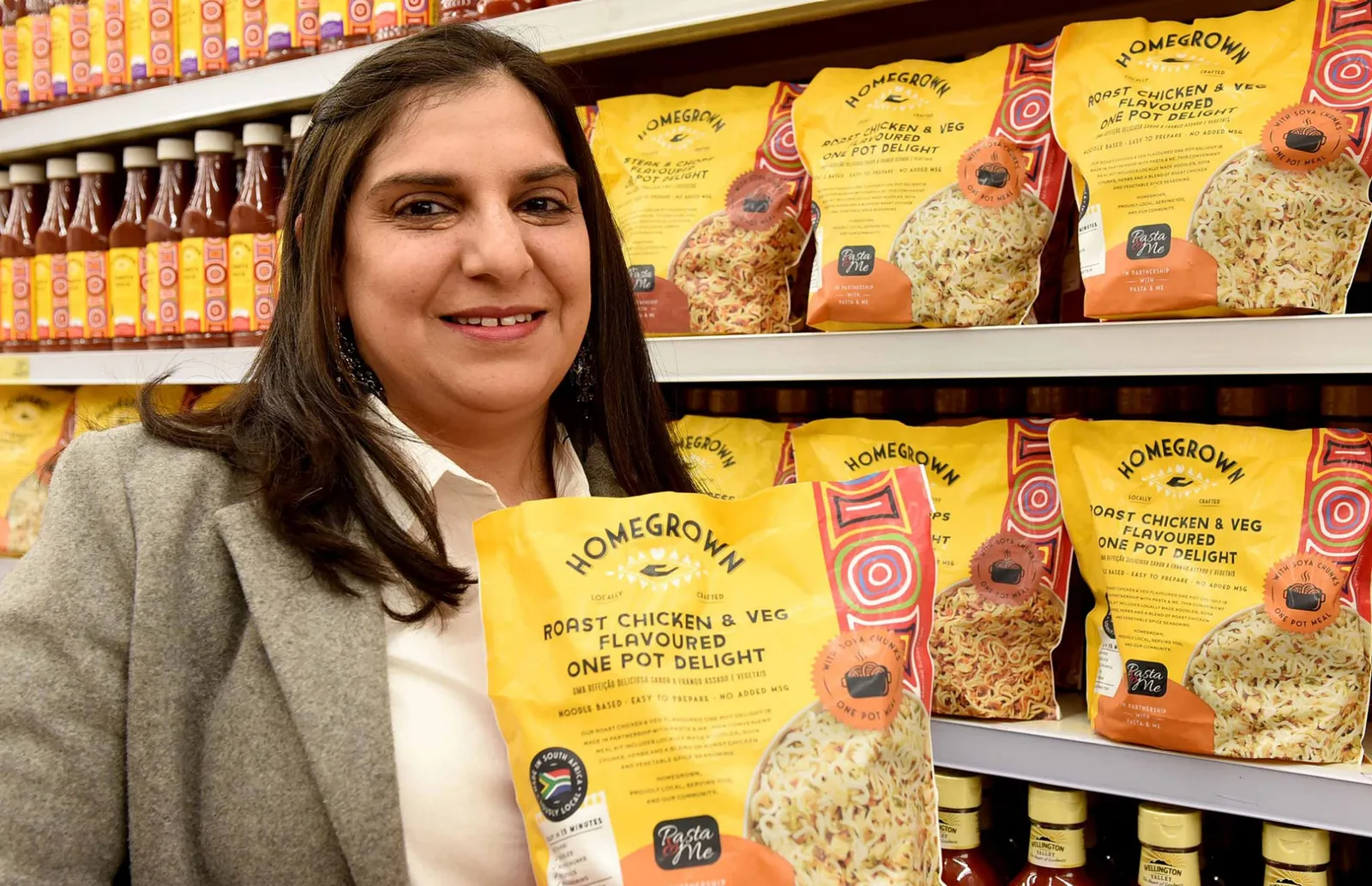
Calling out suppliers
Carrefour made headlines last fall when it decided to put suppliers on blast for high food prices. The French retailer added “price warning” labels on products like Lindt chocolates and Lipton iced tea to encourage CPGs to lower prices ahead of contract talks, Reuters reported. The “shrinkflation” labels flagged to consumers which products got smaller yet cost more.
“Obviously, the aim in stigmatising these products is to be able to tell manufacturers to rethink their pricing policy,” Stefen Bompais, a Carrefour spokesperson, told Reuters.
Bompais told The Guardian in the fall that the labels, which the retailer brought to all of its stores in France, would stay until the targeted suppliers agreed to reduce their prices, adding that the warning could get added to more items in the future.
Carrefour pulled PepsiCo products from its shelves in January, with a spokesperson for the grocer telling Bloomberg it replaced them with a note saying it removed the items due to “unacceptable” price hikes. While PepsiCo has said the vanishing products were the result of contract negotiations, Carrefour’s labels and subsequent inventory shift made a bold statement, giving grocers an example of how to push for price cuts from suppliers.
Spotlighting savings on savings on savings
Portugal-based multi-format retail chain Continente kicked off the new year with an announcement outlining the wide variety of new messages to promote savings to customers under the motto “In January, savings come first.”
The campaign included messages about how people could save on thousands of products and offered a 15% discount on the Continente Card for people enrolled in the grocer’s loyalty program.
At the start of January, the Continente Card app revealed to current users a personalized film showing their savings with the Continente Card throughout 2023, which products they bought the most and what their favorite categories were — similar to the year-in-review overview popularized by Spotify.
The retailer also said that every week as part of the campaign it would give each customer a personalized brochure featuring offers for items that they like most and typically purchase. It’s a move that aims to encourage spending by emphasizing savings.
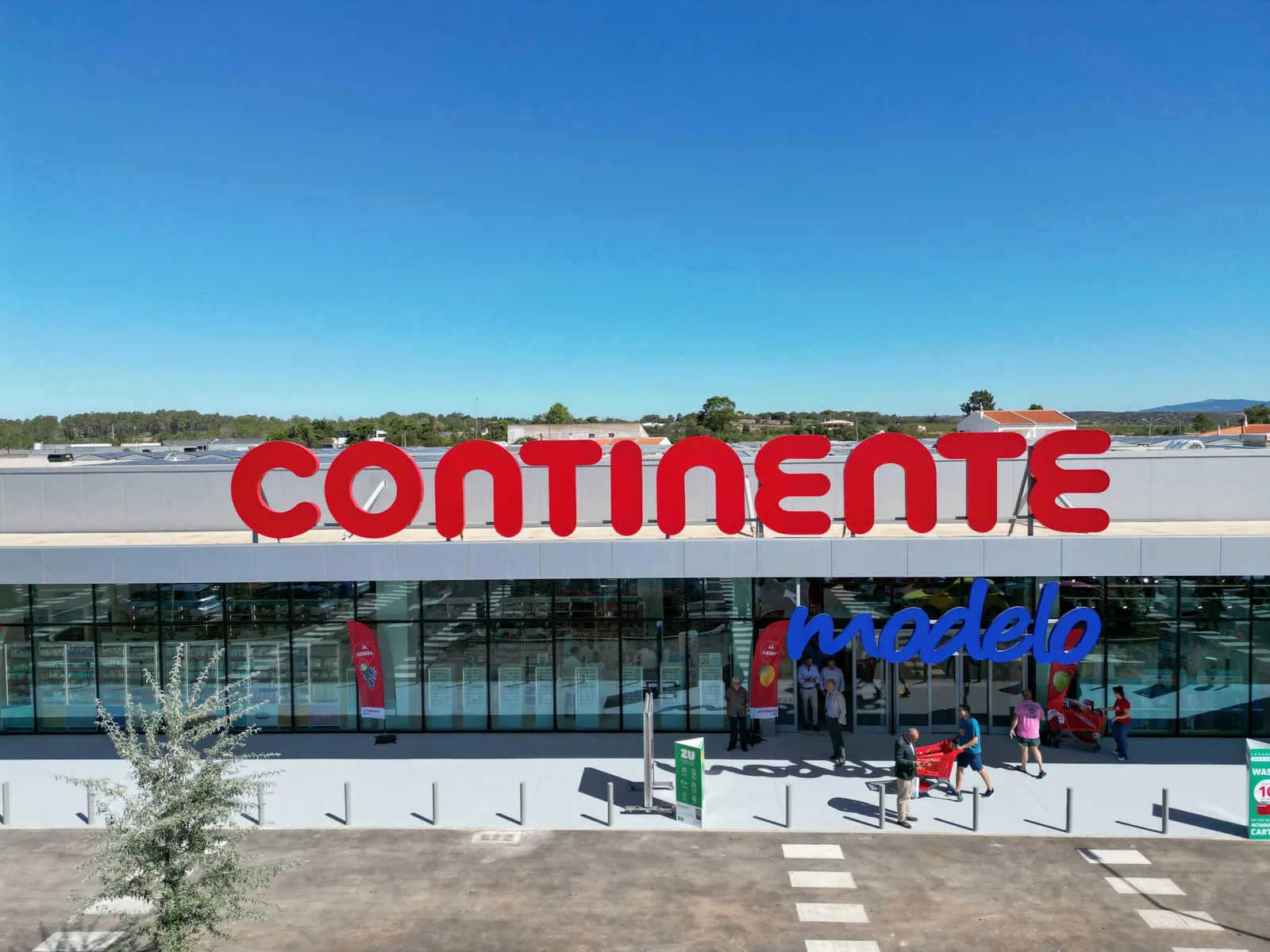
Putting a freeze on prices
Walmart Chile recently announced a new initiative to freeze prices on its own brand lines Lider and aCuenta in the Valparaíso region of the country.
The price freezes, which began Feb. 14 and will last for a month, impact more than 30 categories that the retailer says are essential to consumers.
Along with the price freezes, Walmart Chile launched a campaign focused on low prices that includes selling more than 1,000 items at the 1, 2 and 3 Chilean peso ($1.03, $2.07 and $3.10, respectively) price points across all of its Lider stores in the country.
Walmart Chile said that both initiatives aim to give consumers considerable savings opportunities to improve their quality of life.
